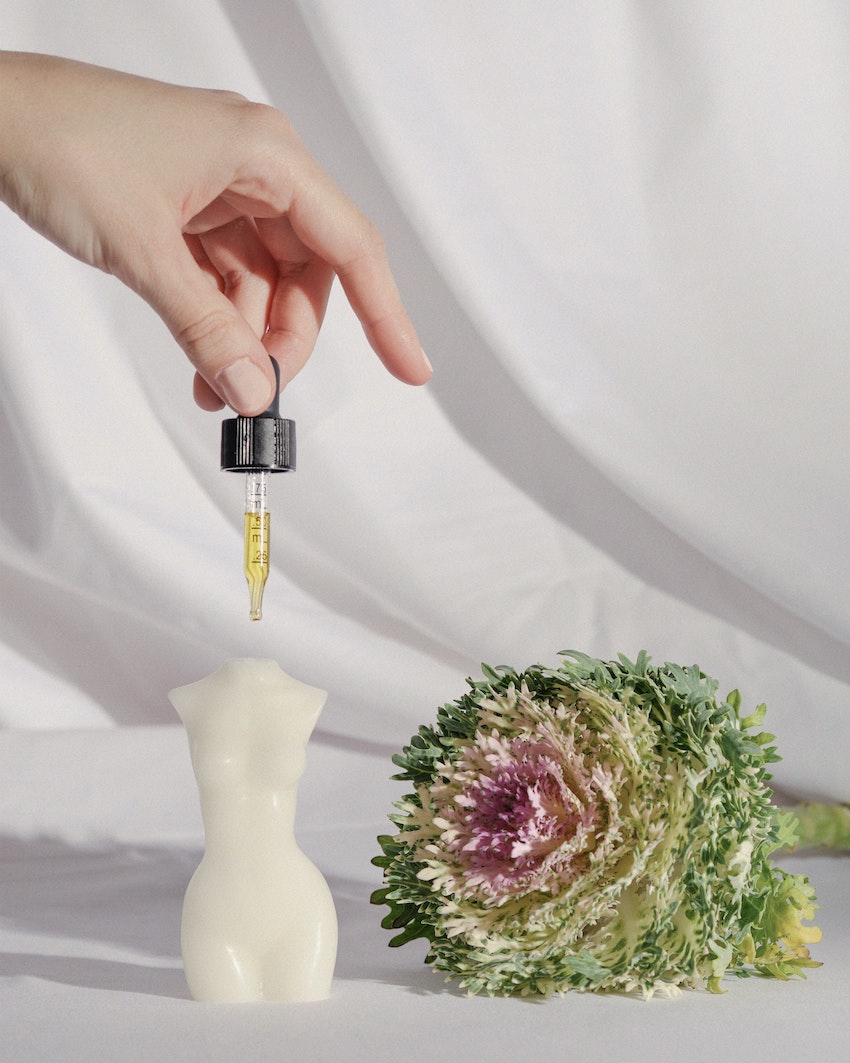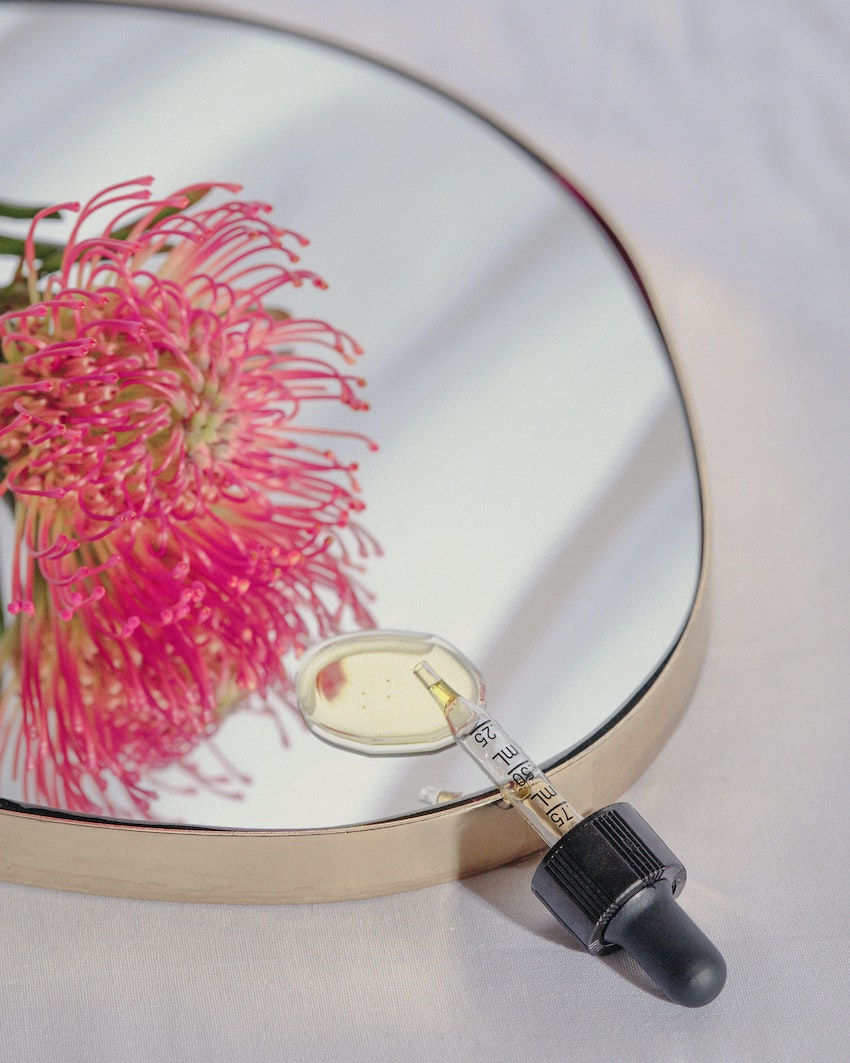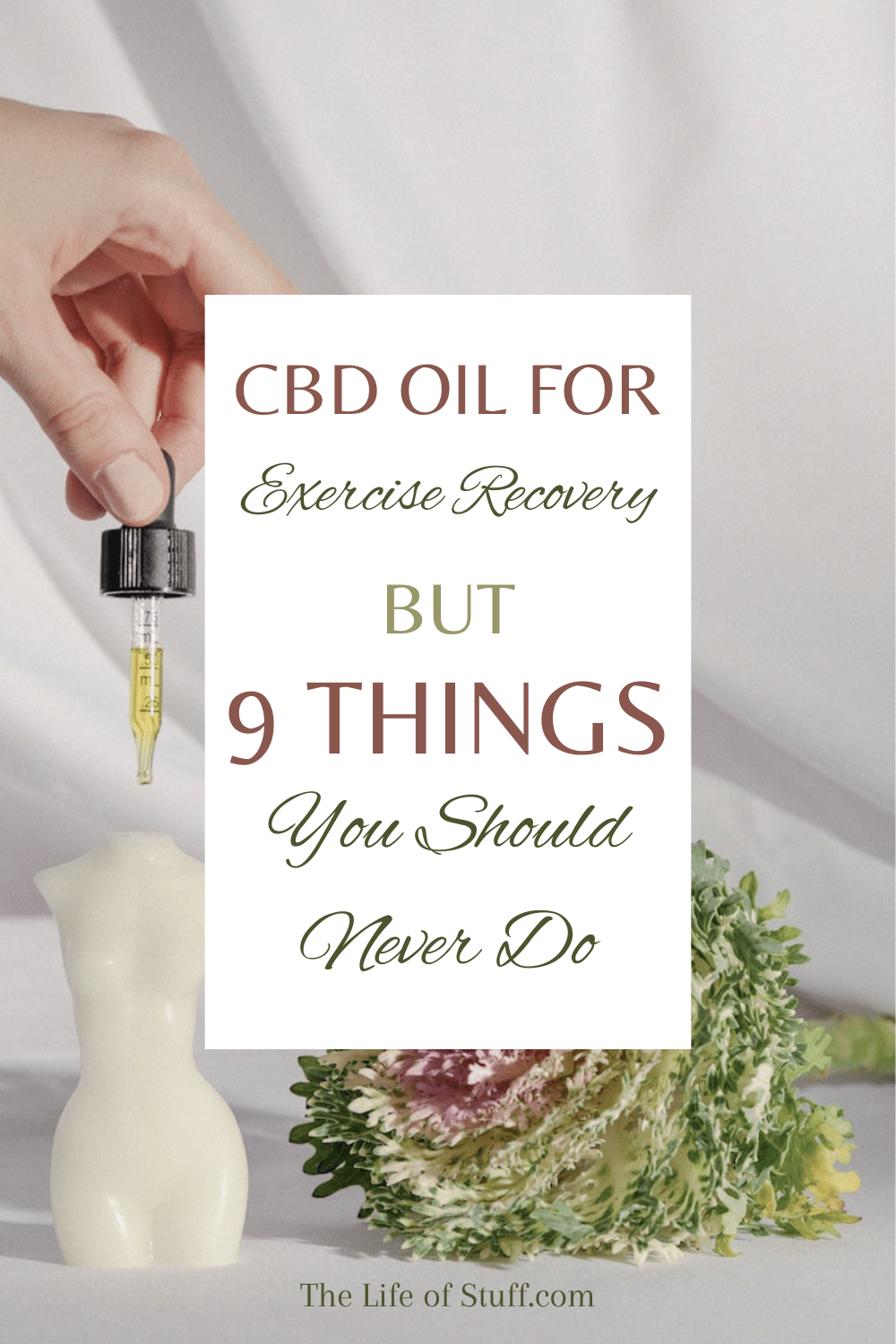CBD for Exercise Recovery
Cannabidiol (CBD) is a non-psychoactive compound found in cannabis. CBD has been shown to have a variety of health benefits, including reducing inflammation, relieving pain, and improving sleep quality. Recently, CBD has gained popularity as a means of supporting physical activity and exercise recovery.
While more research is needed to determine the exact mechanisms by which CBD supports physical activity and exercise recovery, it is thought to work by reducing inflammation, providing pain relief, and improving sleep quality. CBD may also help to reduce anxiety and improve focus, both of which can be beneficial for athletes.
Further Reading: CBD Products – What’s Legal in Europe, and What’s Not
Photo by Sunnyside
CBD is available in a variety of forms, including oils, tinctures, capsules, and topical creams. It is important to choose a product that is high quality and laboratory tested to ensure safety and efficacy. Start with a low dose and increase gradually as needed.
CBD is generally considered safe, but it is possible to experience side effects, such as dry mouth, diarrhea, and reduced appetite. It is also important to note that CBD may interact with other medications. Therefore, it is important to speak with a healthcare provider before starting any new supplement.
It is particularly important considering how the legality of CBD products can be questionable depending on the part of the world you’re in. In the US, for example, most states, such as New York, legalized it to a certain extent and any cannabis products are available with a simple NY medical marijuana card.
If you are looking for a natural way to support physical activity and exercise recovery, CBD may be worth considering. Be sure to choose a high-quality product and start with a low dose to reduce the risk of side effects.
Further Reading: How to Relieve Symptoms of Arthritis Naturally in 3 Ways
Photo by Sunnyside
What About CBD Capsules?
If you’re looking for a product that’s easy to take and Transport, CBD capsules could be the perfect solution. For people who don’t like the taste of CBD oil, or who have trouble measuring out the correct serving size, CBD capsules offer a discreet and simple way to get your daily dose of CBD.
If you’re interested in trying CBD capsules, experts suggest starting with one capsule per day. If you don’t feel any effects after a few days, you can increase your dosage to two capsules per day.
At higher doses, you may experience dry mouth, diarrhea, and reduced appetite. If you experience any of these side effects, simply reduce your dosage to find the perfect balance for you.
Photo by Sunnyside
9 Things you should never do while taking CBD oil
CBD oil is becoming increasingly popular as a natural remedy for a variety of ailments. While CBD is generally considered safe, it is important to be aware of potential side effects and drug interactions. Here are 8 things you should never do while taking CBD oil:
1. Don’t take CBD oil if you are pregnant or breastfeeding.
Pregnant women ought not to take CBD oil as it might pass on some side effects to the offspring through the placenta.
2. Don’t take CBD oil if you are on blood thinners.
CBD can increase the levels of the blood thinner coumadin in your body and may lead to unwanted bleeding.
3. Don’t take CBD oil if you are taking other medications.
CBD can interact with certain medications, such as those used to treat anxiety or depression. Be sure to speak with your healthcare provider before starting any new supplement.
4. Don’t take CBD oil if you have a history of substance abuse.
CBD can be addictive and may lead to relapse in those with a history of substance abuse. If you are struggling with addiction, please speak with a healthcare professional before taking CBD oil.
5. Don’t take CBD oil if you have an autoimmune disease.
CBD can interact with the immune system and may worsen symptoms of autoimmune diseases.
6. Don’t take CBD oil if you have a history of mental illness.
CBD can interact with certain medications used to treat mental illness, such as antipsychotics. If you have a history of mental illness, please speak with your healthcare provider before taking CBD oil.
7. Don’t take CBD oil if you are taking steroids.
CBD can interact with certain steroids and may reduce their efficacy. Also, taking CBD oil may increase the levels of certain steroids in your body.
8. Don’t take CBD oil if you are taking HIV medications.
CBD can interact with certain HIV medications and may reduce their efficacy. If you are HIV-positive, please speak with your healthcare provider before taking CBD oil.
9. Don’t take CBD oil if you have cancer.
CBD may interact with certain cancer treatments and may worsen side effects. If you have cancer, please speak with your healthcare provider before taking CBD oil.
We hope this article was helpful in educating you about things you should never do while taking CBD oil.
CBD has many potential benefits for physical activity and exercise recovery, but it is important to be aware of potential side effects and drug interactions. Start with a low dose and increase gradually as needed.
PIN: Take CBD for Exercise Recovery but 9 Things You Should Never Do
Follow The Life of Stuff on Facebook | Twitter | Pinterest | Instagram








